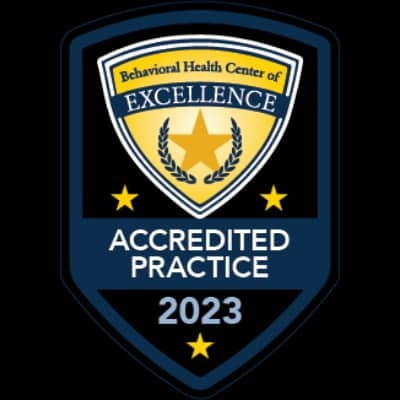This is why there is increasing talk of interdisciplinarity, which, in other words, is the coordinated intervention of different disciplines on a condition that requires it. And while it is true that ABA is itself the result of the evolution of multiple theories and practices related to the behavioral sciences, it should not be considered, and in fact is not, the only effective therapy for the treatment of ASD or developmental disorders. Depending on each case, Occupational Therapy, Speech Therapy, Music Therapy, as well as various health and educational service providers may coexist with it. Thus, it is essential to manage each intervention resource in terms of its optimization, its effectiveness, and the benefit of the client, which is, in any case, the ultimate goal of each interventionist. To this end, the continuous exchange of information with all the specialists involved is essential, as well as the joint evaluation of particular behaviors if the case so requires.
In an effort to set the guidelines for the interconnected work of professionals in this field, the BACB Code of Ethics for Behavior Analysts declares the collaboration among colleagues and the management of conflicts, as well as the documentation of such processes as an essential part of professional practice, prioritizing the client's best interest. Likewise, it understands the relevance of referrals in the event that the client demands assistance other than the intervention plans we offer or presents evidence that additional, alternative services are required.
Years of interdisciplinary practice show that collaboration not only allows to address ASD more effectively, but also avoids contradictions between providers and increases the likelihood of generalization of the skills worked on, while parental education is often enhanced between the multiple services.
Decision-making in a collaborative environment should place the client and family at the center of any discussion. Professional practice of excellence implies defending with honesty and modesty both the scope of each specialty and its limitations. In the same way, the recognition of the good practices developed by others contributes to the improvement of one's own practice and the achievement of objectives.
The times we are living in are contradictory, but not limiting. The fact that they impose challenges on today's specialists in terms of flexibility, collaboration, communication, continuous updating, and mutual support, leads them to the path of excellence, and that is a gift.
Bibliography:





